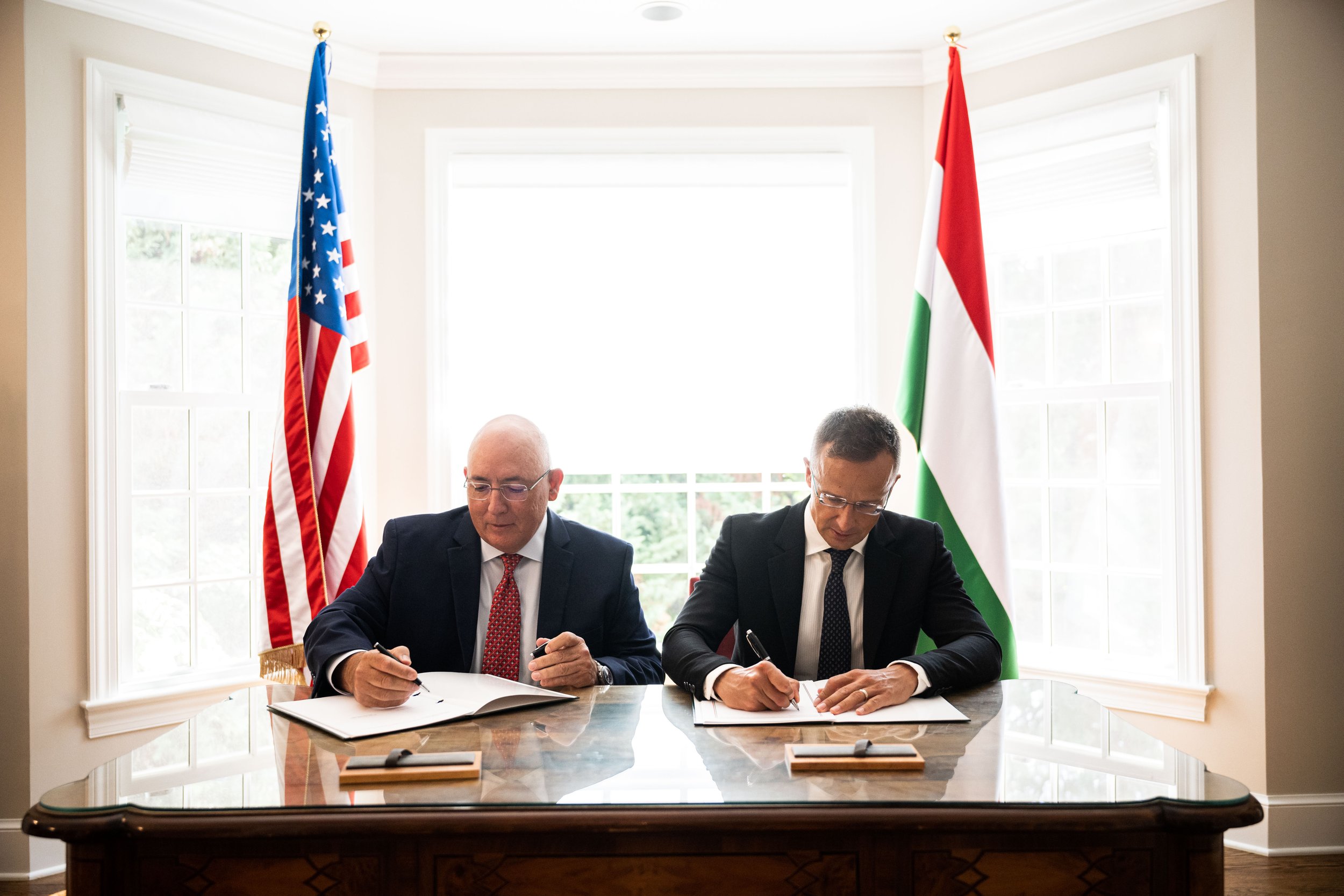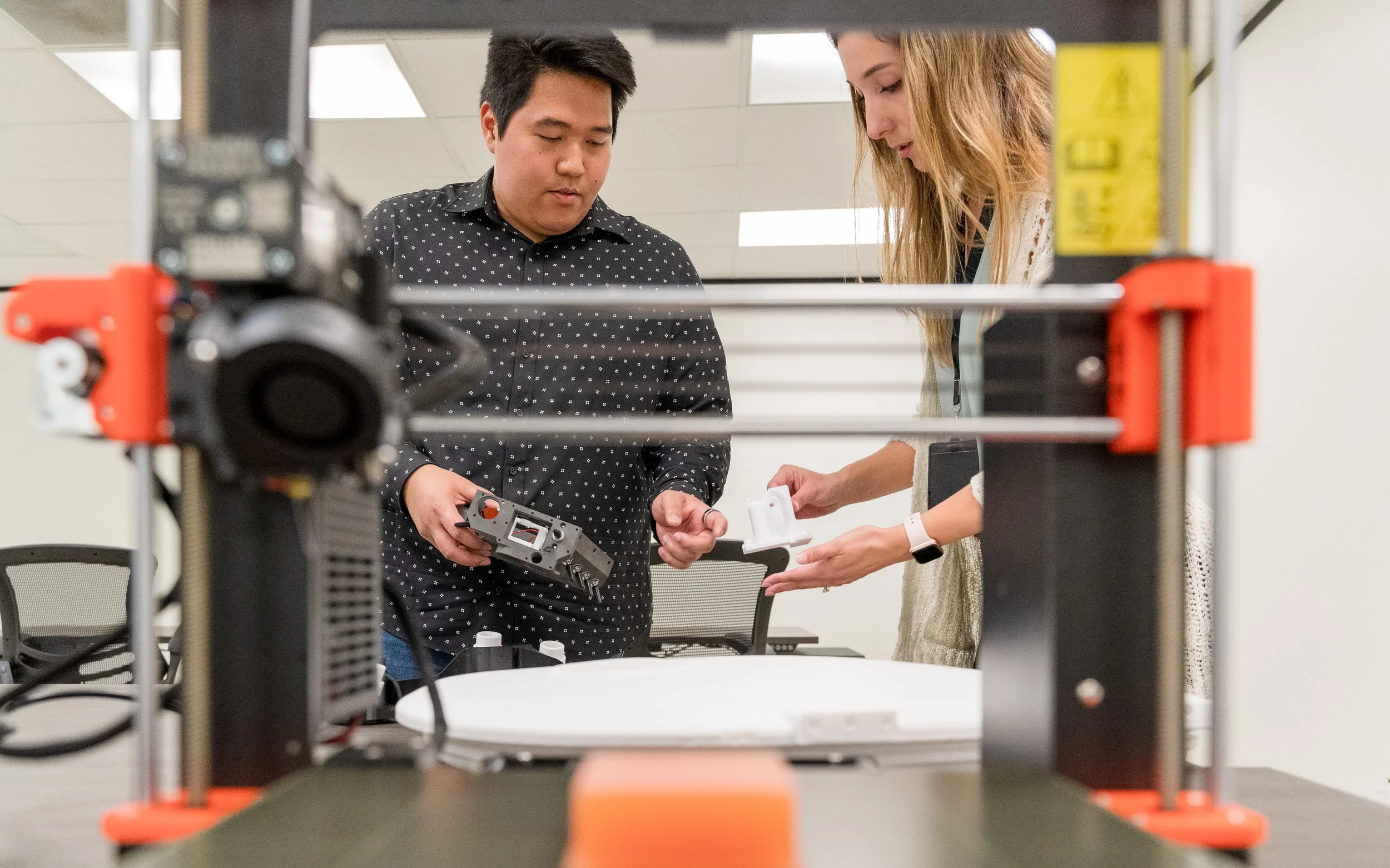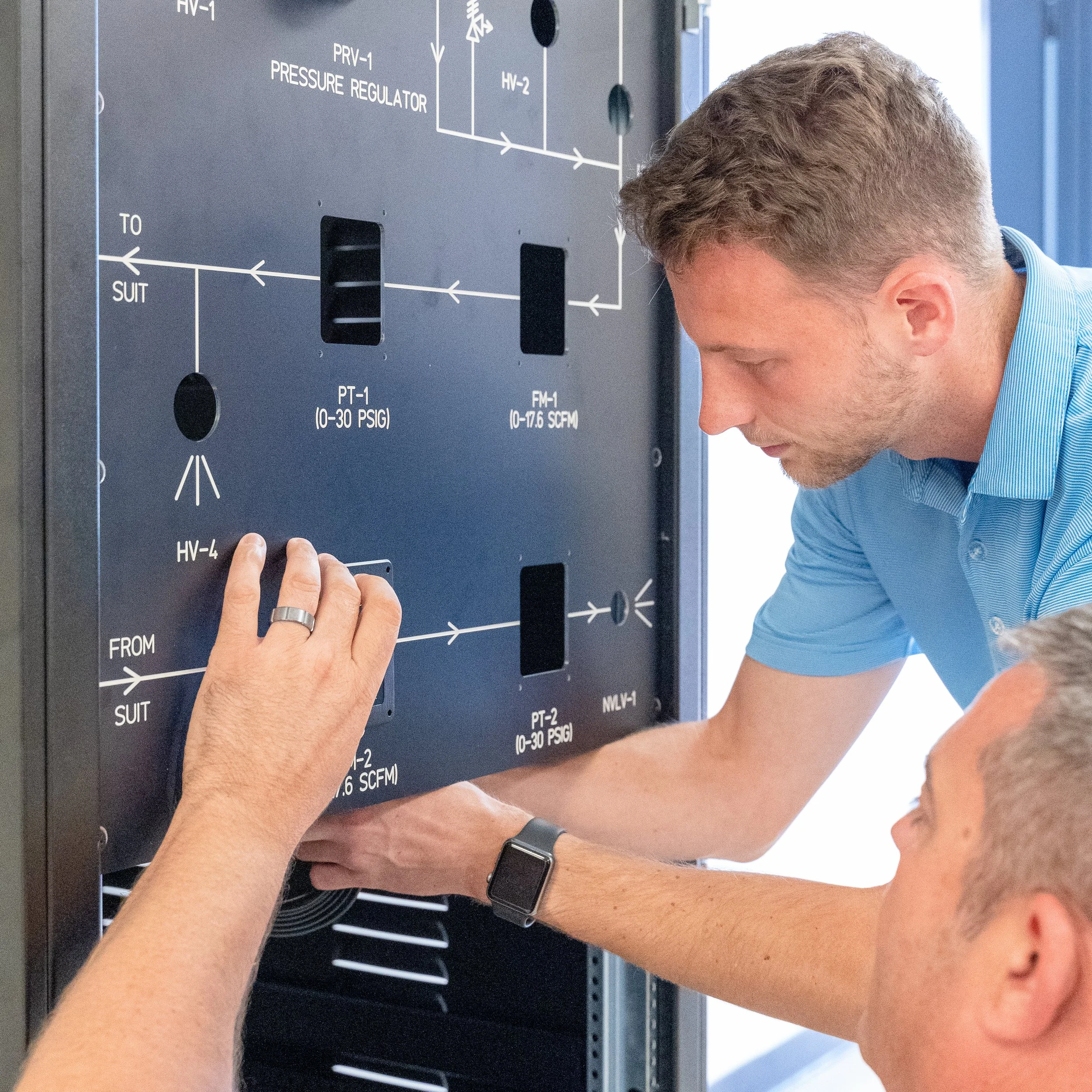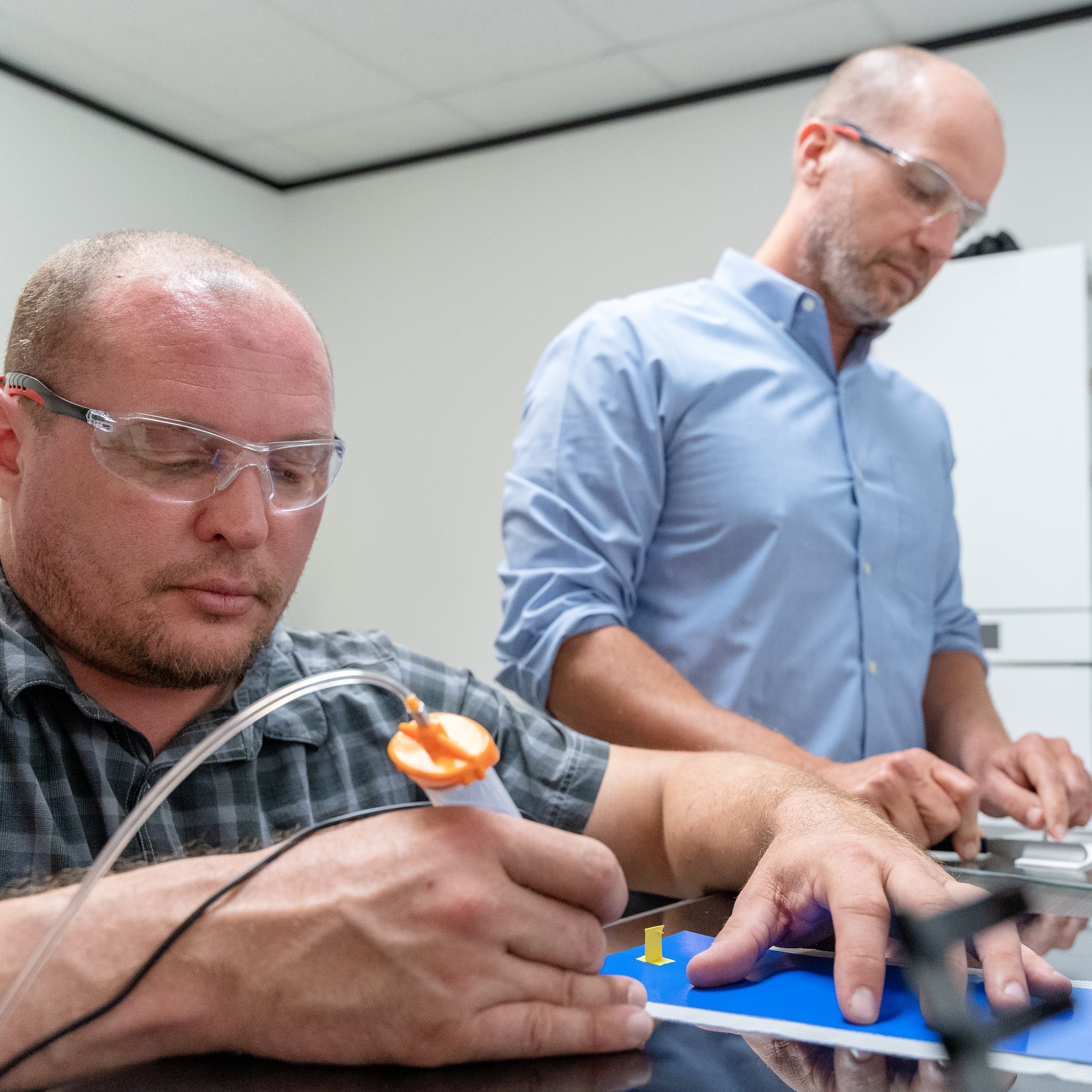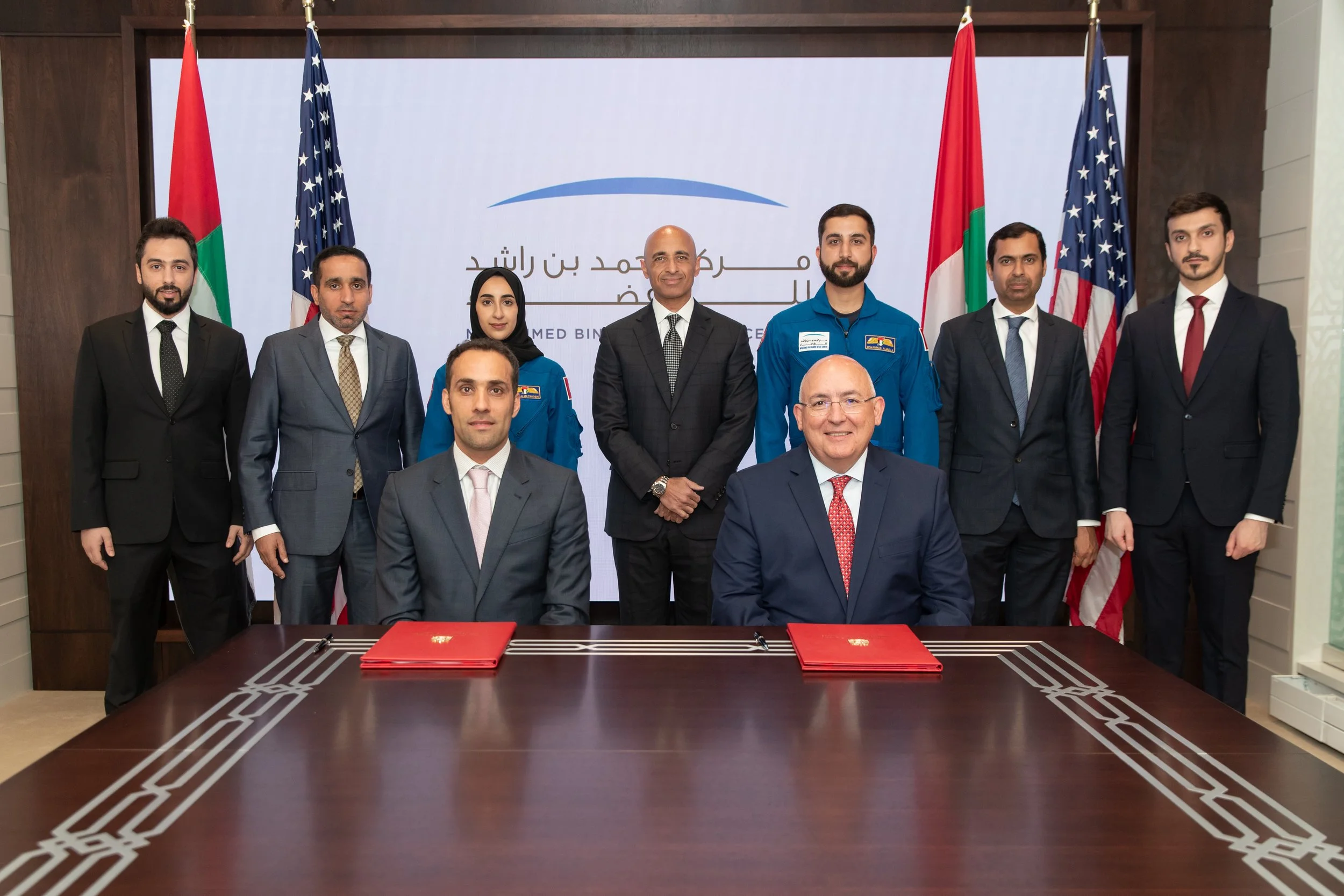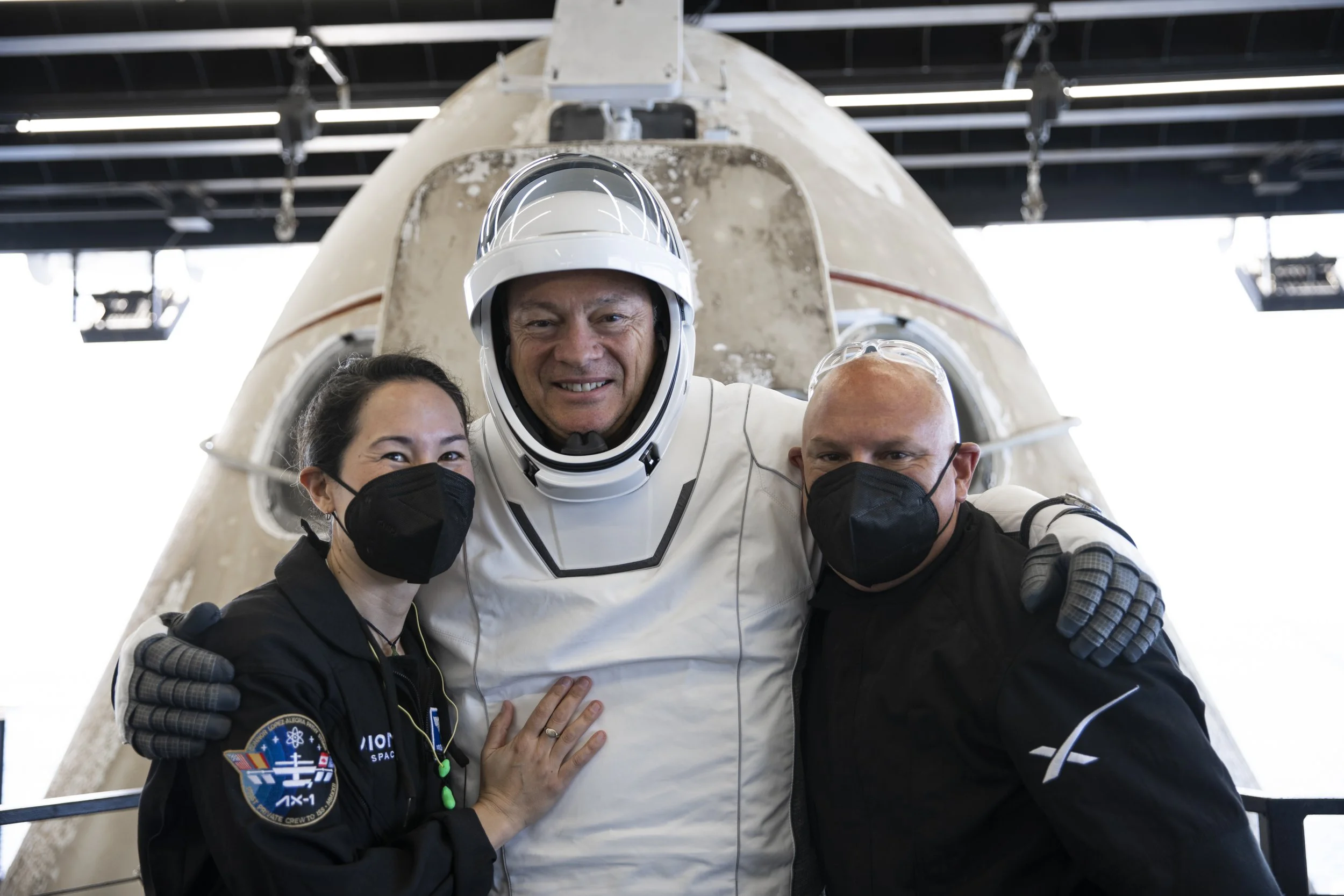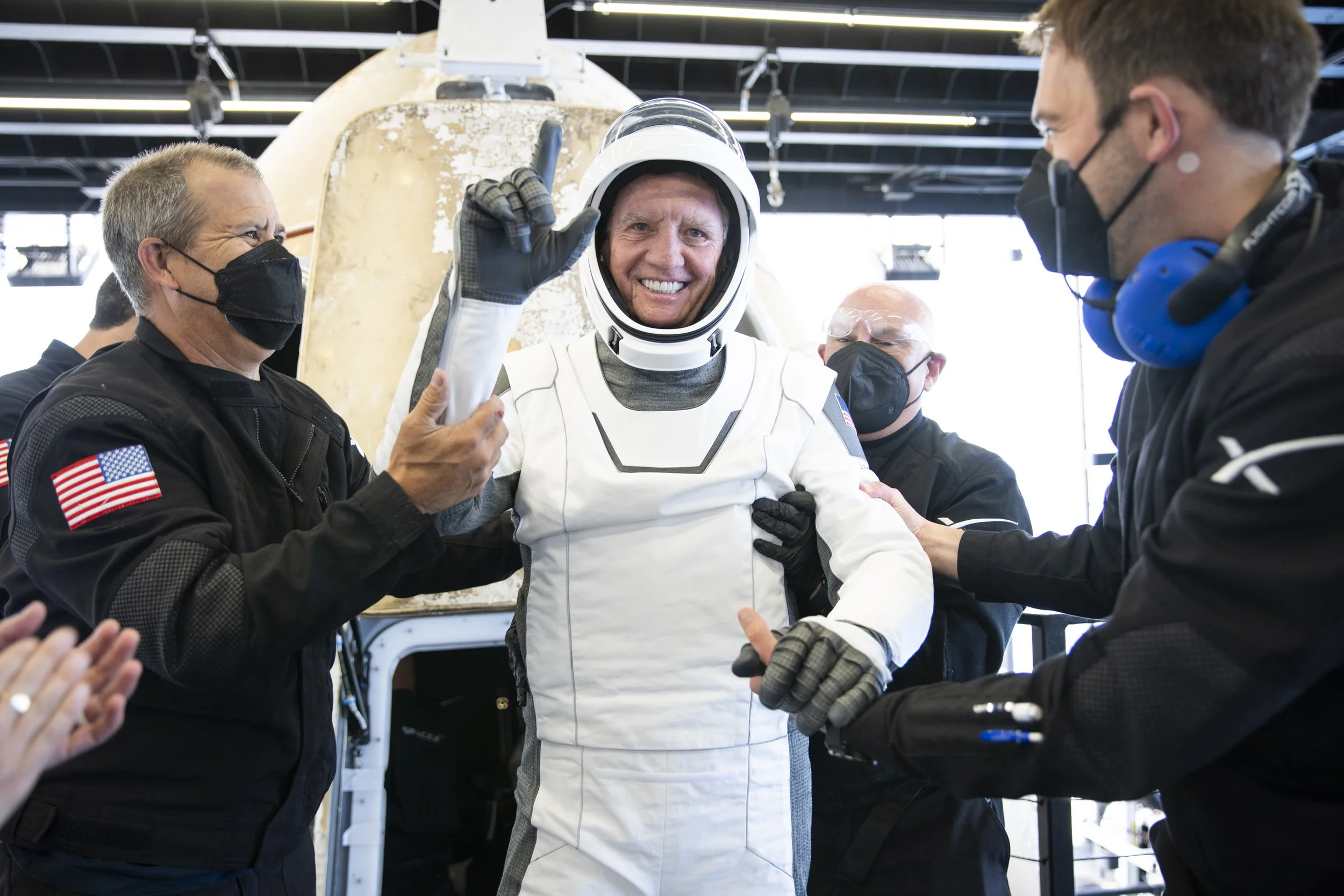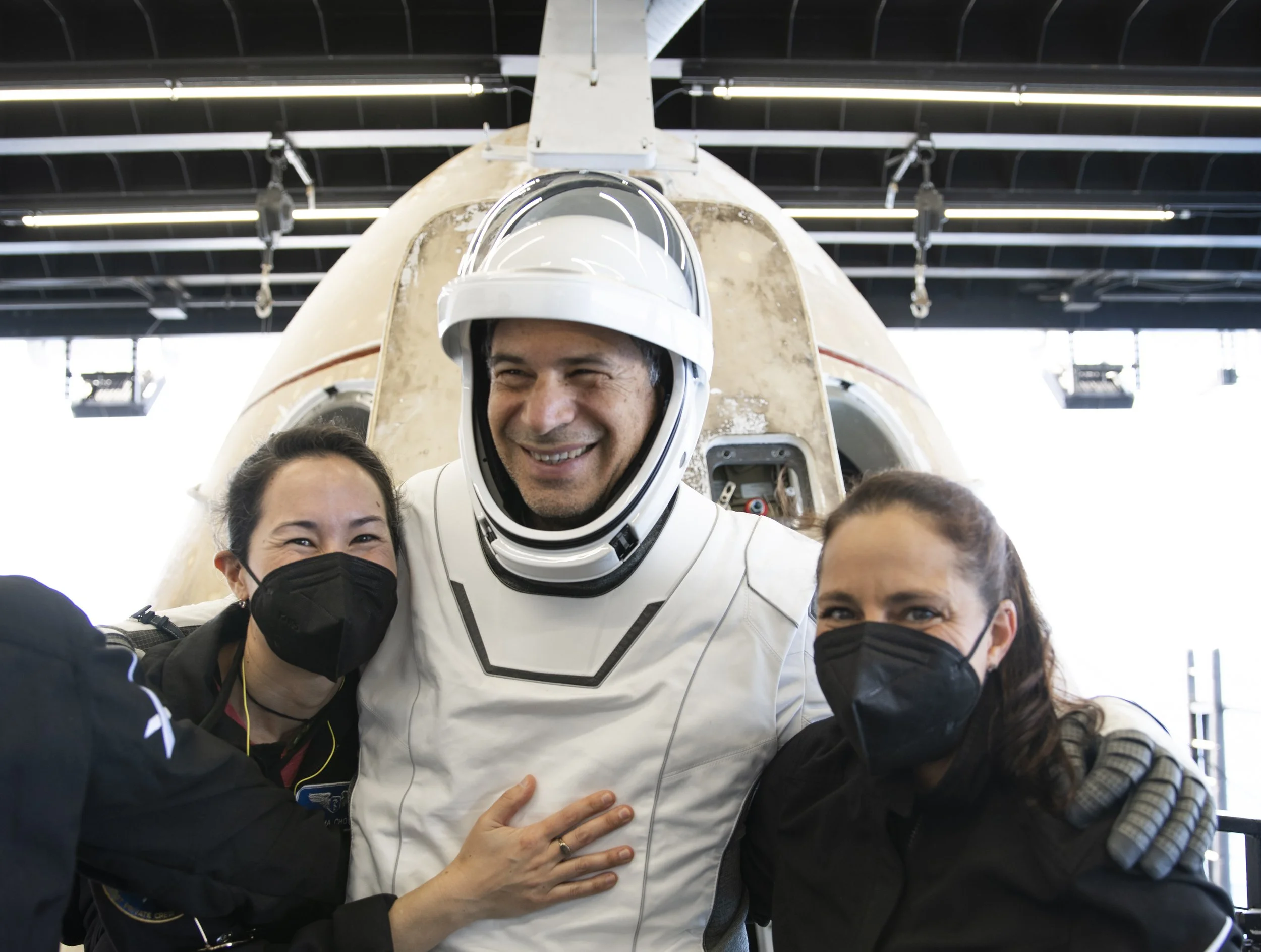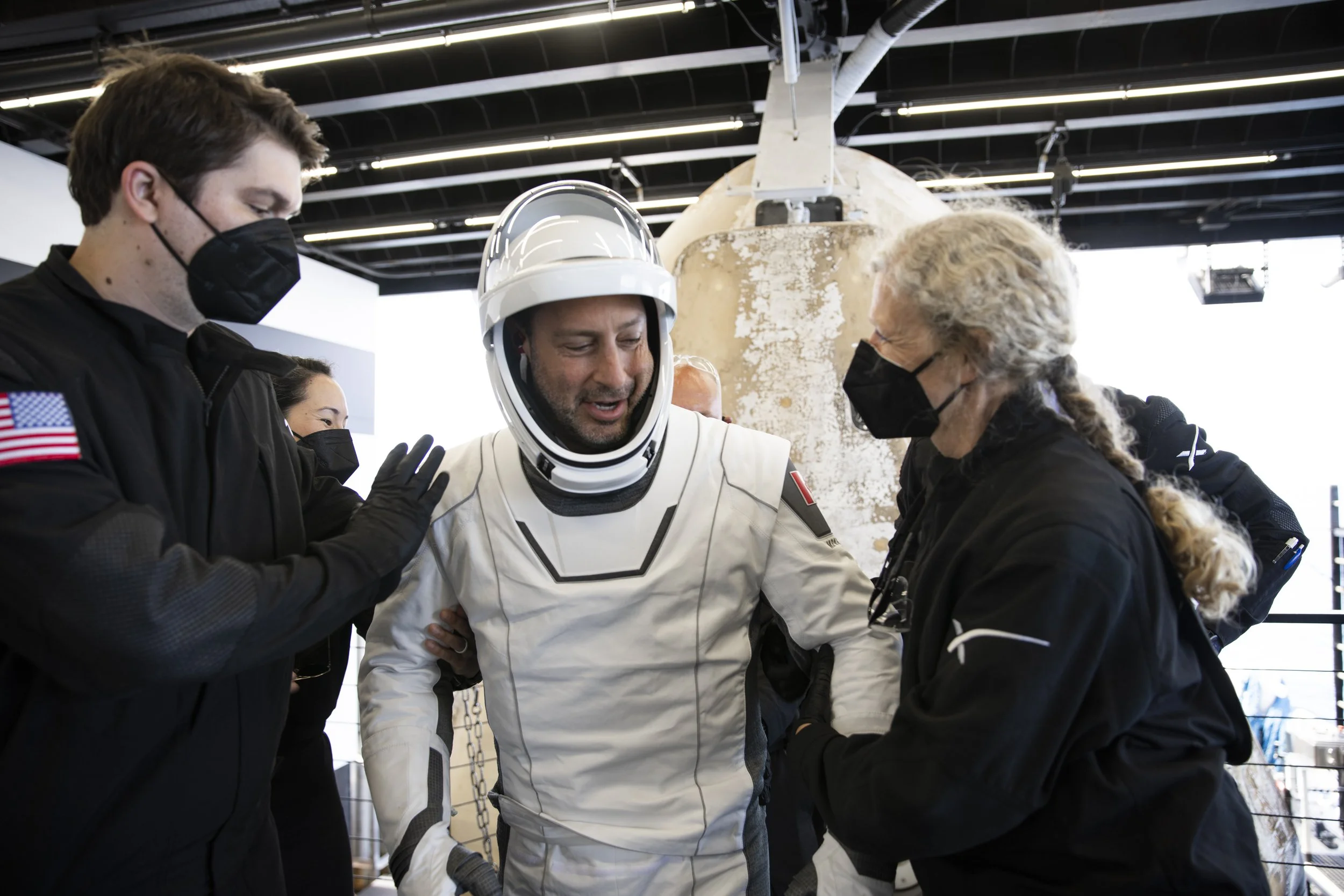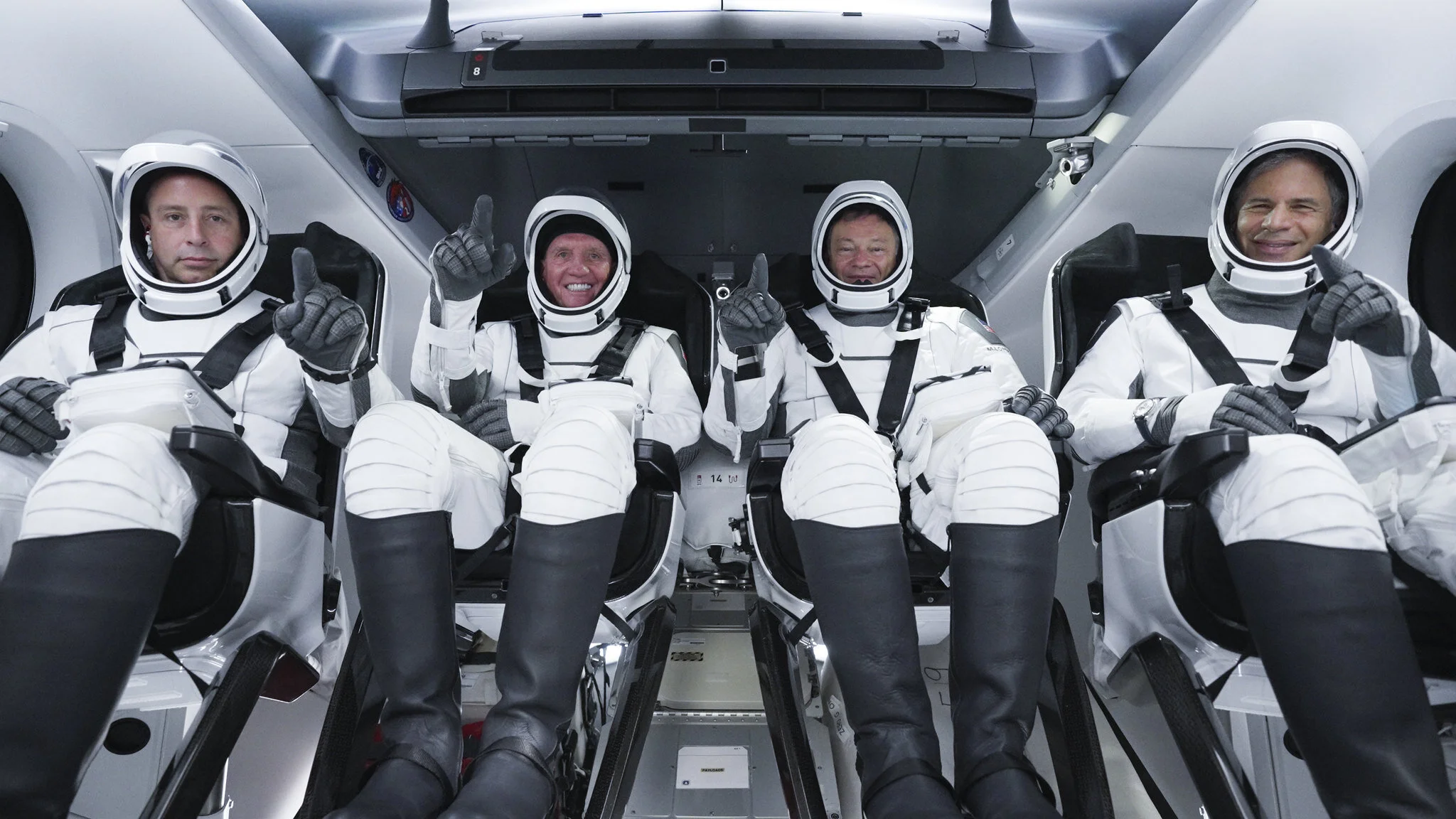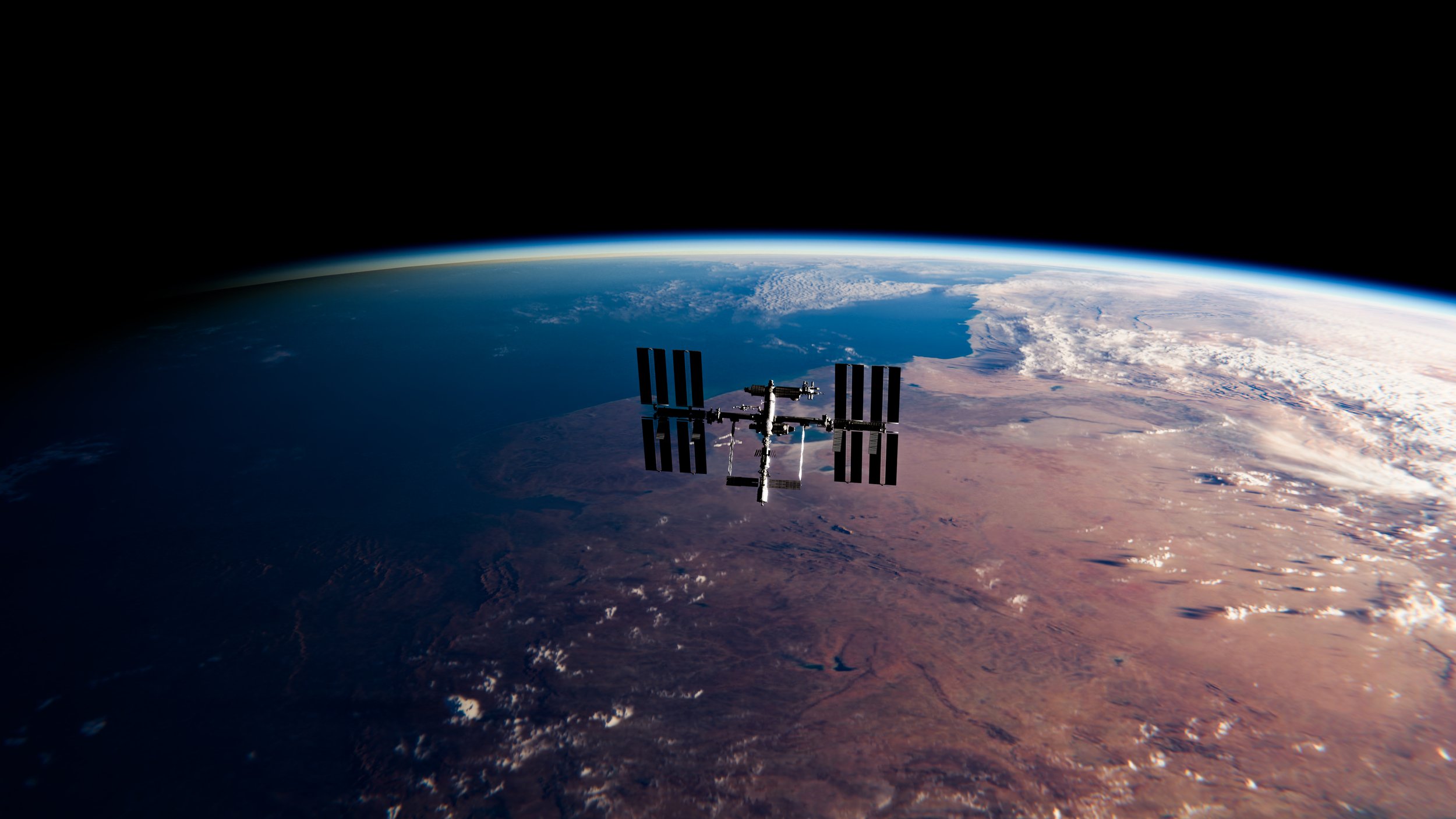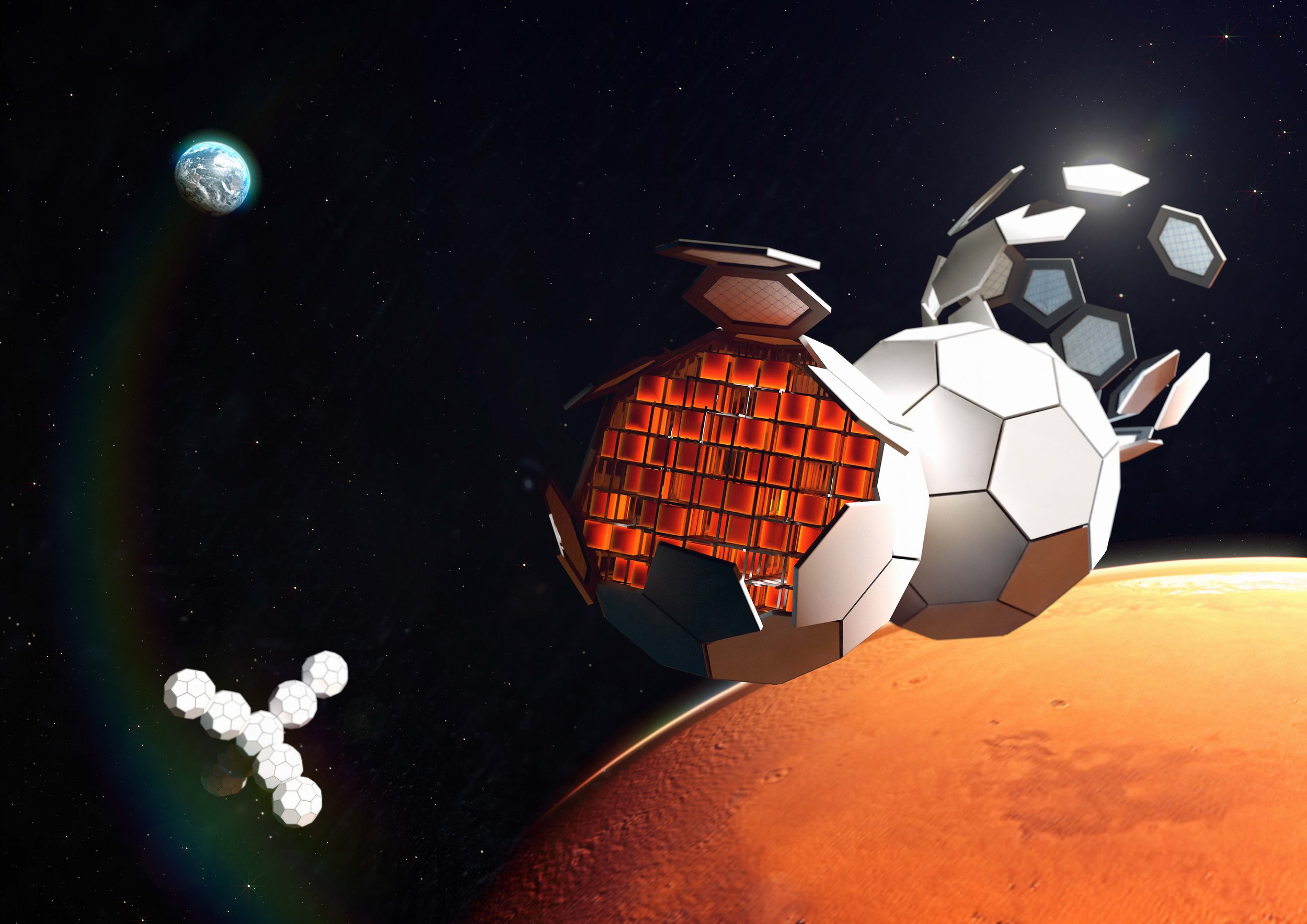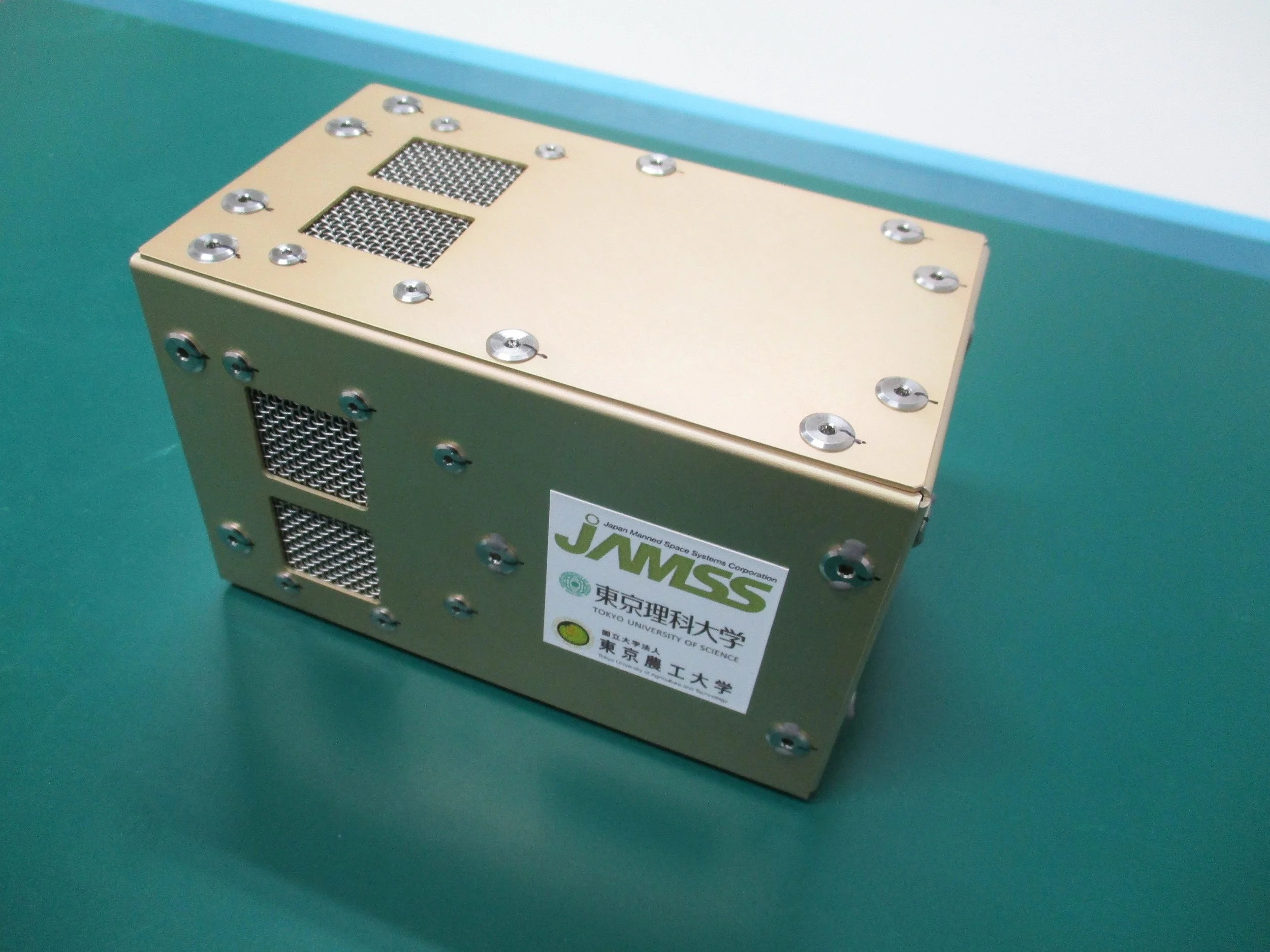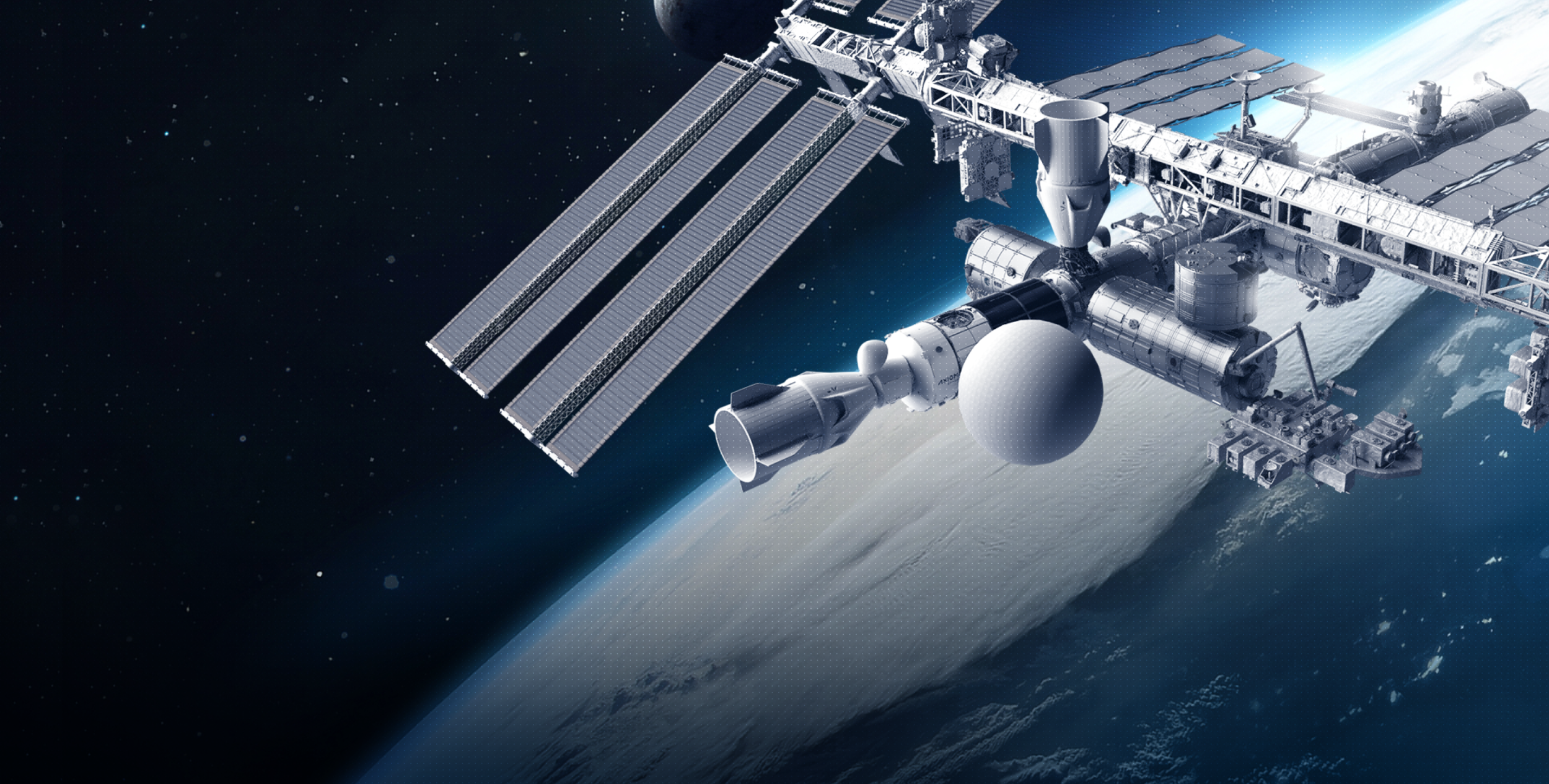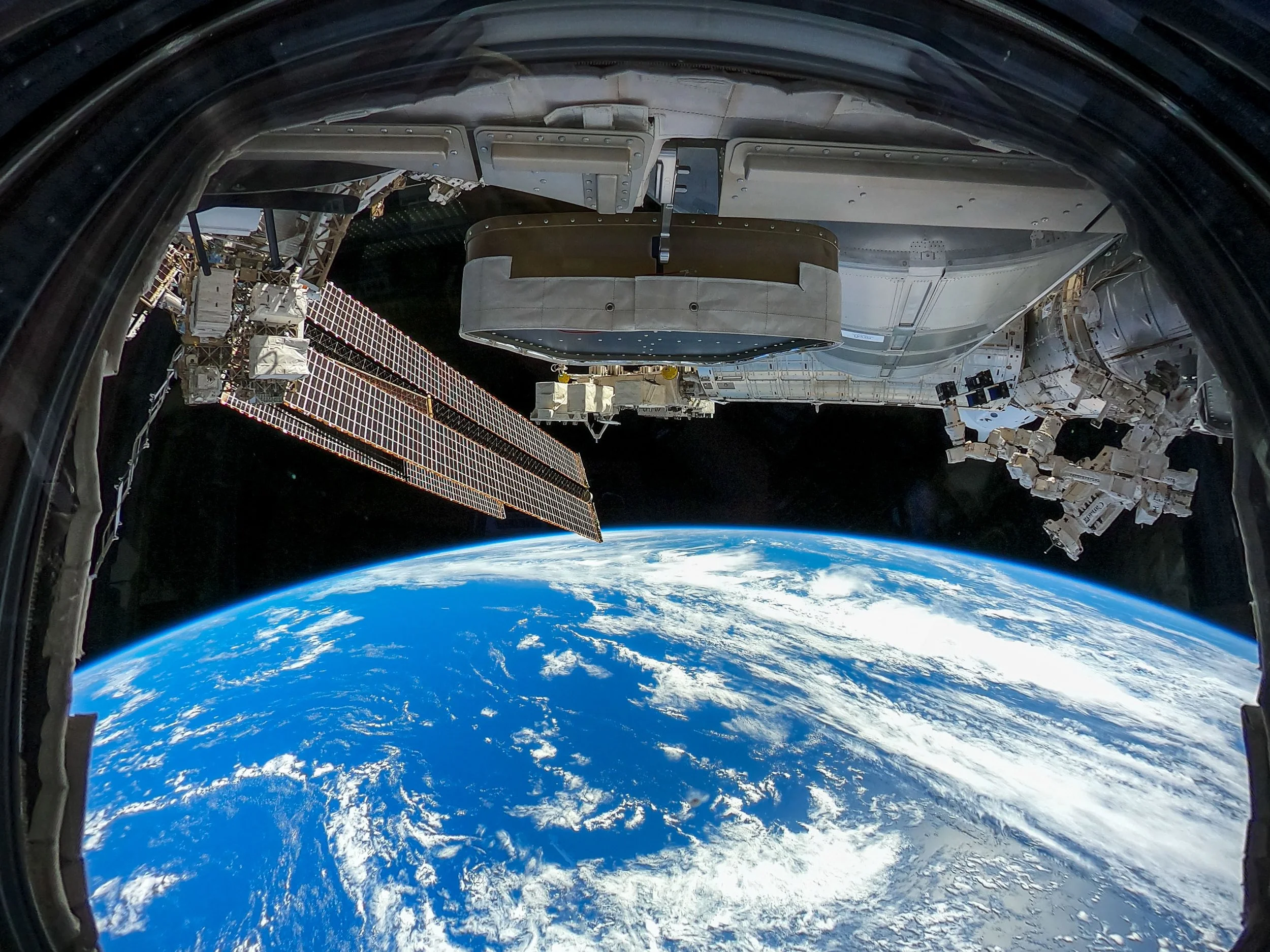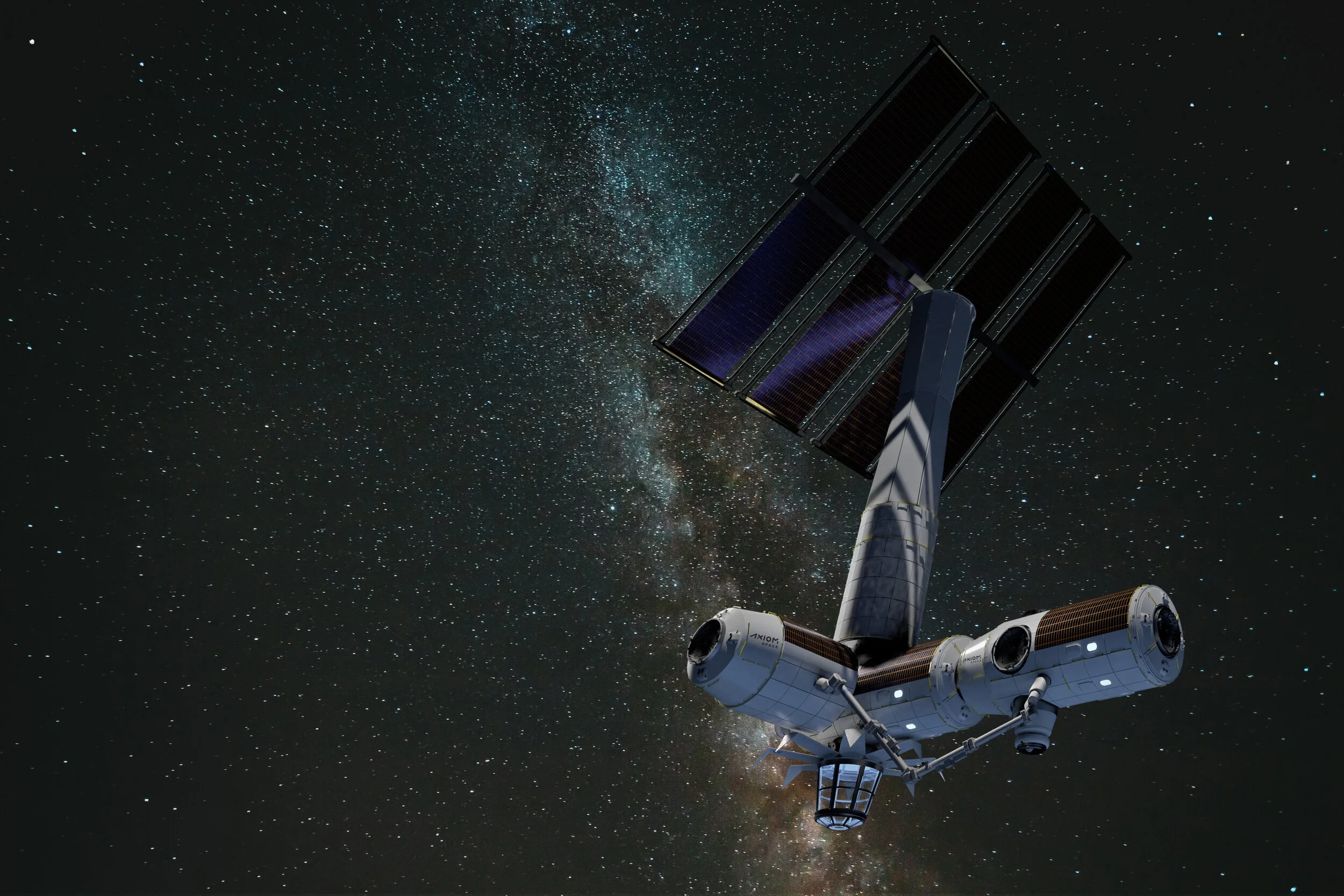Michael Suffredini, President and CEO of Axiom Space, and Mr. Péter Szijjártó, Minister of Foreign Affairs and Trade of Hungary, sign a memorandum of understanding (MOU) in Washington D.C. on July 20, 2022. (Credit: Márton Király)
Axiom Space and the Hungarian government’s Ministry of Foreign Affairs and Trade have signed a memorandum of understanding (MOU) to further their existing relationship in human spaceflight and to advance opportunities in space research and technology development. The agreement between Axiom and Hungary was signed on July 20, 2022, in Washington, D.C.
The main focus of the new agreement is to further the Hungarian to Orbit (HUNOR) program, Hungary’s astronaut program, which aims to send a Hungarian astronaut to the International Space Station (ISS) via a future Axiom Space commercial astronaut mission. Building off the first agreement between Axiom and the Hungarian government, signed on December of 2021, which formalized a partnership to return a Hungarian astronaut to space, this MOU enables a wide range of cooperation and possible joint developments between Axiom Space and Hungary. It acknowledges both the importance the company plays in helping to define the future of human space flight, including through the future Axiom Station, as well as the capacities and space heritage of the Hungarian space sector.
“As we enter this new era of commercial spaceflight, it is vital that the U.S. space industry continues forging relationships with nations committed to collaborating in microgravity research and bringing those benefits back to the people of Earth. The U.S. has a long history of international cooperation in space, bringing countries together for the purpose of benefiting all humans, everywhere,” said Michael Suffredini, President and CEO of Axiom Space
“This second agreement between Hungary and Axiom Space builds on efforts to cultivate a robust economy in space by engaging government and industry partnerships. Such collaborations have the power to transform what was once only imaginable,” said Suffredini. “We look forward to expanding our relationship with Hungary to include new initiatives in human spaceflight, science, and STEM.”
This new agreement underscores Axiom Space and Hungary’s common interest to utilize space for peaceful purposes and promote scientific advancement through international collaboration. Under this agreement, Axiom and Hungary will collaborate to enable scientific research and technology demonstrations in microgravity, develop in-space manufacturing capabilities, and inspire the next generation of a strong and capable STEM workforce.
“This partnership with Axiom Space is an important investment that will provide opportunities conduct research in microgravity, strengthen the Hungarian Astronaut Program, and enhance Hungary’s work towards advancing space research and technology development. Together, we are confident that the space industry will play a crucial role in the development of our economy and are both committed to investing into this high-tech and knowledge-based sector. The adoption of the first Hungarian governmental Space Strategy that was established last year signifies our commitment towards expanding our involvement and presence in space.” said Péter Szijjártó, Minister of Foreign Affairs and Trade of Hungary.
The growing relationship between Axiom Space and Hungary symbolizes the company’s commitment to provide opportunities to nations across the globe who share an appreciation for the benefits provided by microgravity while strengthening bonds between nations and the world at-large.
About Axiom Space
Axiom Space is guided by the vision of a thriving home in space that benefits every human, everywhere. The leading provider of human spaceflight services and developer of human-rated space infrastructure, Axiom operates end-to-end missions to the International Space Station today while privately building its successor, Axiom Station, the first permanent commercial destination in Earth's orbit that will sustain human growth off the planet and bring untold benefits back home.

